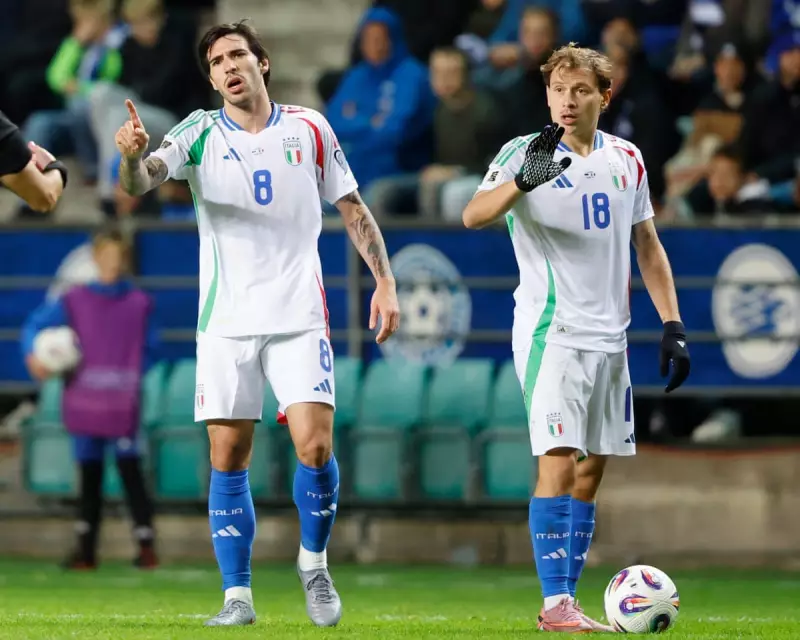
The delicate balancing act of international football has been thrust into the spotlight once again, as FIFA's scheduling decisions create winners and losers in the global game. The world governing body has made a contentious call that sees Italy's vital World Cup qualifying match take precedence over planned United States men's national team friendlies, leaving coaches and federations grappling with the consequences.
The Calendar Conundrum: Qualification vs Preparation
At the heart of the controversy lies FIFA's decision to prioritise competitive matches over friendly fixtures in the crowded international calendar. Italy's crucial World Cup qualifying campaign means their scheduled match takes priority, forcing the cancellation or rescheduling of USMNT friendlies that were intended as vital preparation for the American side.
This decision highlights the ongoing tension between European nations focused on qualification and other federations seeking meaningful competitive preparation through friendlies. The move has left US coach Gregg Berhalter facing limited options for testing his squad against top-level opposition ahead of their own qualifying campaign.
Club vs Country: The Wirtz Dilemma
The scheduling clash creates particular complications for players like German sensation Florian Wirtz, who finds himself caught between international duty and club commitments. With Liverpool and other Premier League clubs facing the prospect of losing key players during this period, the age-old club versus country debate resurfaces with renewed intensity.
Top clubs have expressed frustration at what they perceive as another example of fixture congestion jeopardising player welfare and potentially disrupting their domestic campaigns. The situation is particularly acute for Liverpool, who face the possibility of being without several international stars during a busy period of their season.
Broader Implications for International Football
This scheduling conflict raises fundamental questions about the future of international football's calendar. With FIFA considering expanding various competitions and introducing new tournaments, many within the game worry that such conflicts will become more frequent unless a comprehensive solution is found.
The current situation serves as a stark reminder of the competing interests that define modern football: national federations desperate for competitive preparation, clubs protective of their substantial investments in players, and governing bodies attempting to balance these often contradictory demands.
As the football world watches how this particular drama unfolds, it's clear that the decisions made now will have lasting implications for how the international game is structured for years to come.





